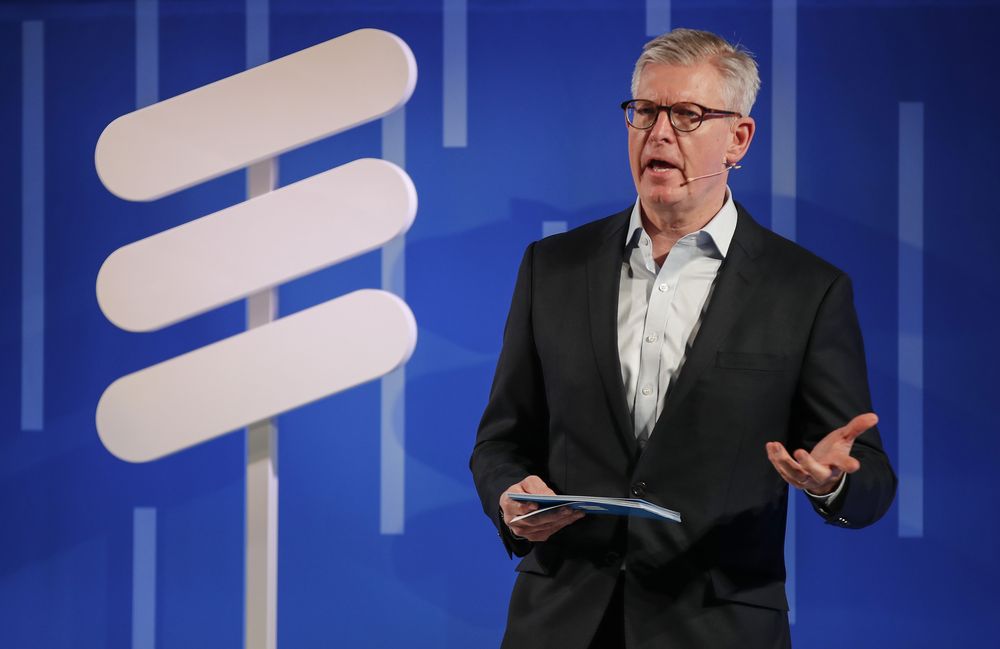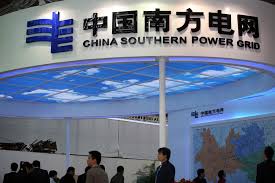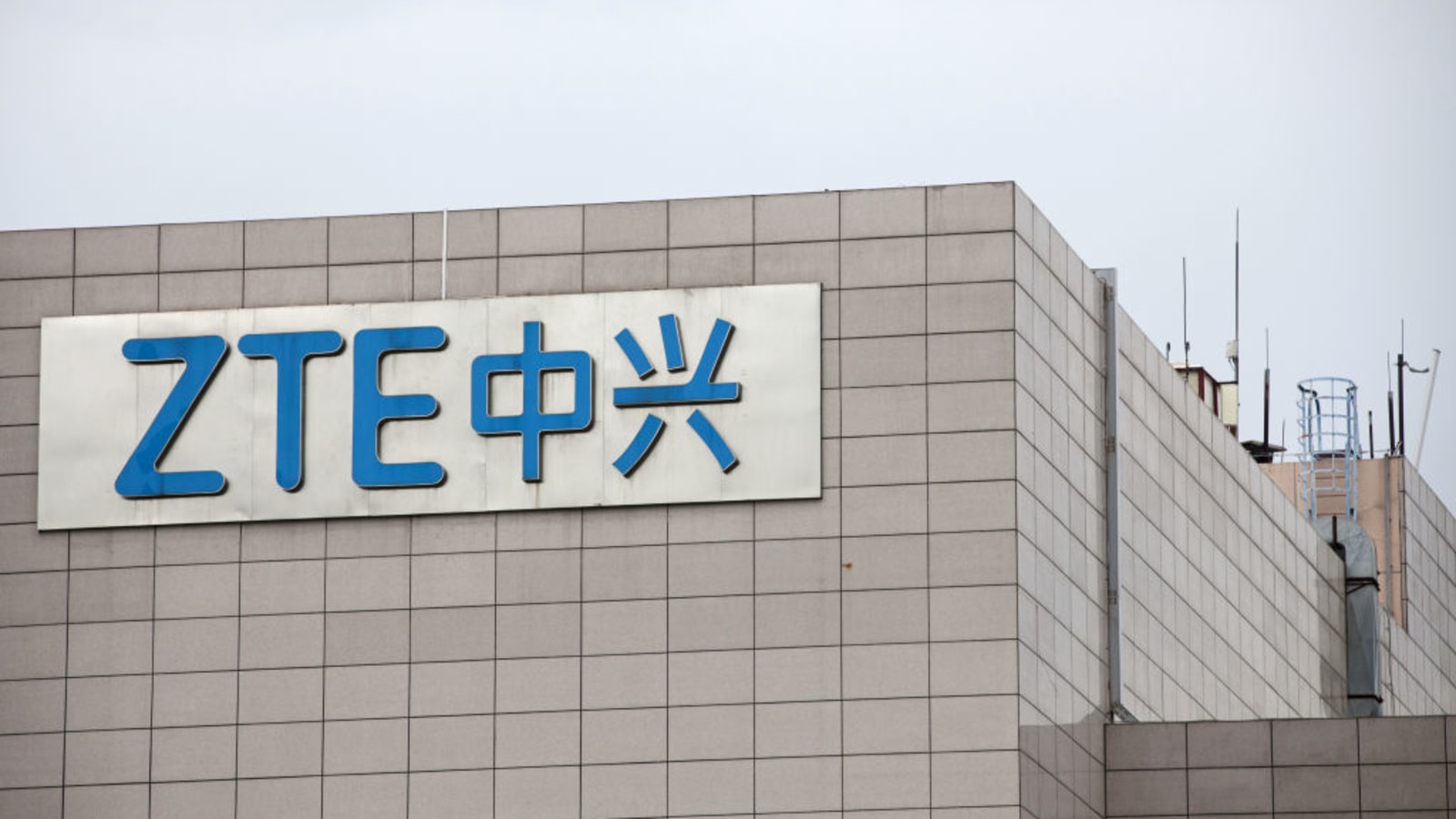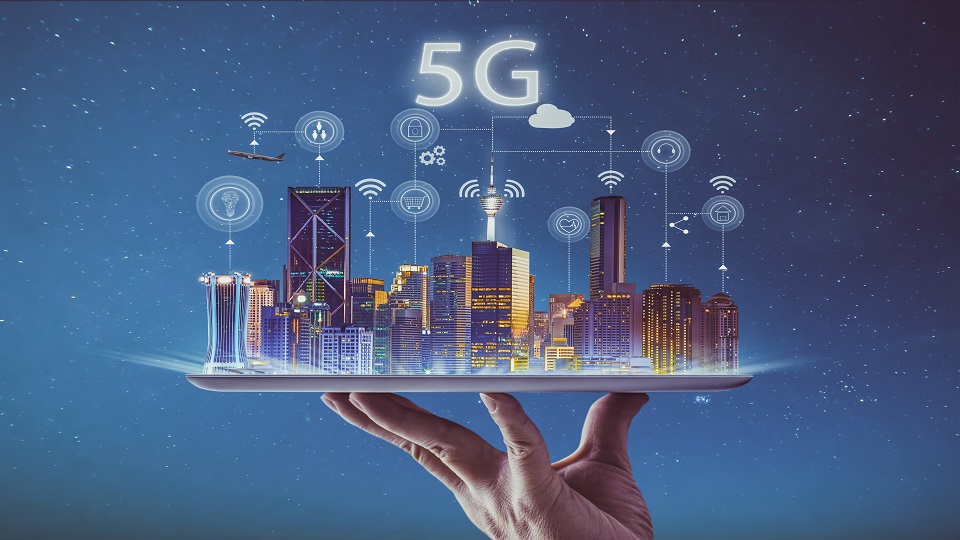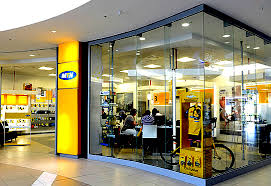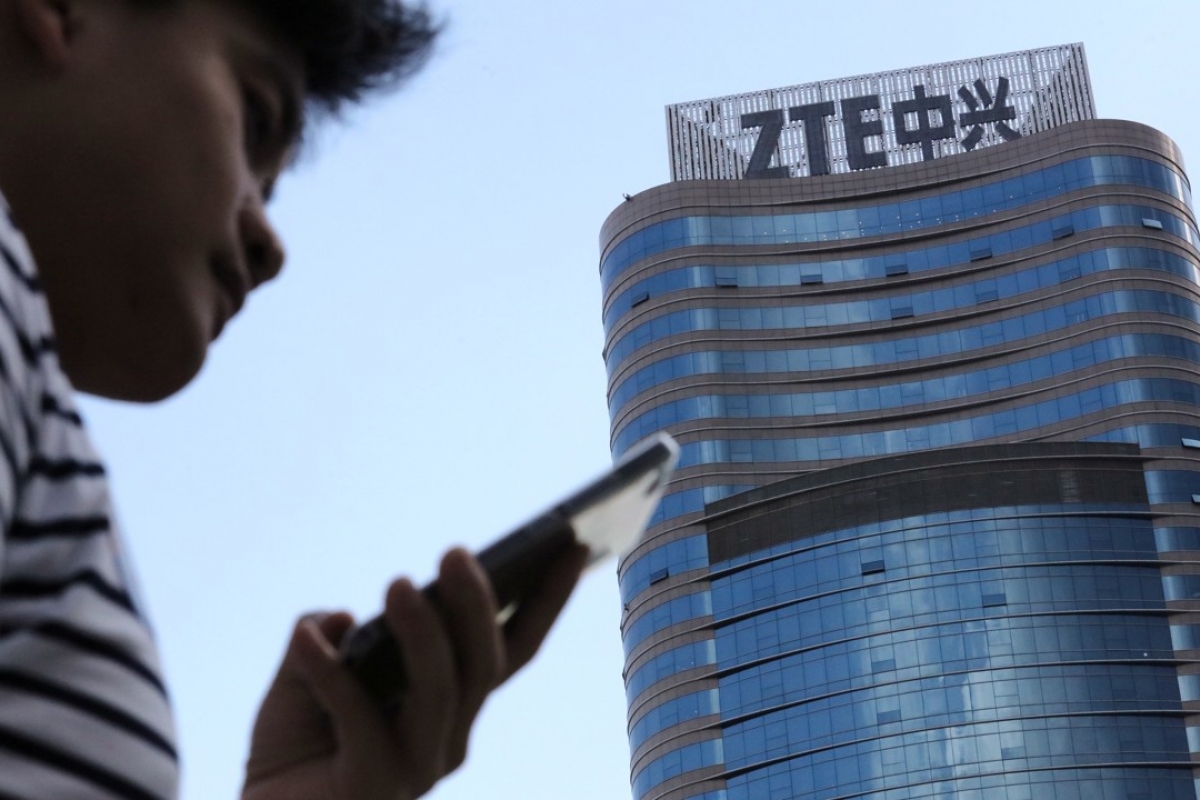2g
MWC 18: ZTE launches the 2/3/4/5G fully-integrated common core solution
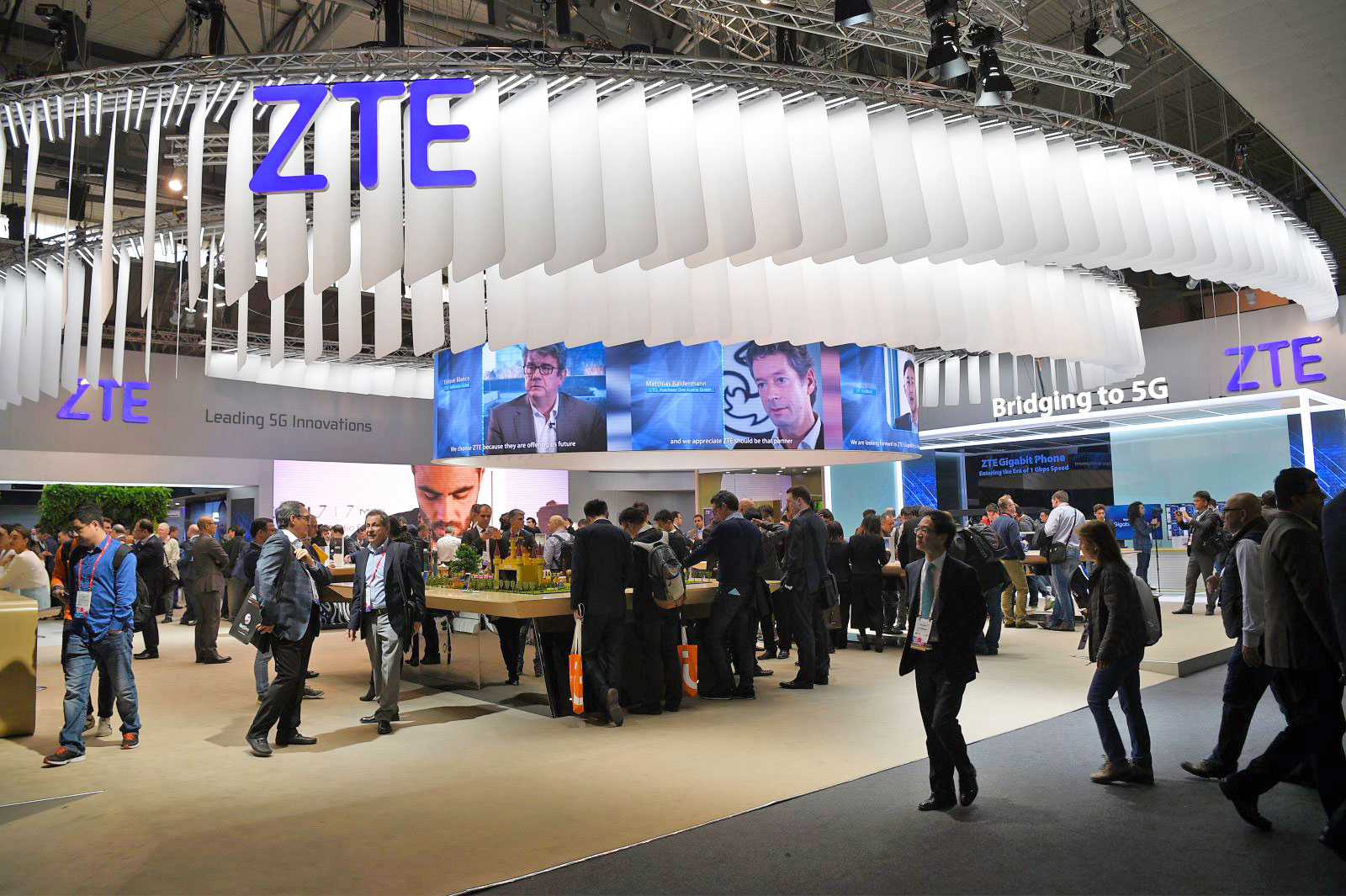
NEW DELHI:At Mobile World Congress 2018 (MWC) in Barcelona, Spain, ZTE Corporation has launched the 2/3/4/5G fully-integrated Common Core solution at Mobile World Congress 2018 in Barcelona.
Based on the 3GPP R15 service-based architecture (SBA), it integrates all kinds of accessing modes including fixed-mobile convergence (FMC) in the layer of network functions (NF) and network services (NS).
ZTE Common Core consists of network function services defined by 3GPP specifications and public network function services. All the services address the requests of being self-contained, reusable and self-managed. ZTE Common Core provides services through HTTP/2+JSON interface. Distributed media planes support flexible deployment and high-performance forwarding as well as interwork with the control plane through the standard CUPS (PFCP) interface protocol.
ZTE Common Core, based on the cloud native concept, uses open microservice components, a carrier-grade visual DevOps tool and lightweight container technology, to equip network slices and network functions with on-demand orchestration, rapid deployment, flexible elasticity and high reliability. On the basis of full virtualization, it achieves the decoupling of an underlying cloud platform and the decoupling of software and hardware, and it leverages software and hardware acceleration technologies to meet the high speed, low latency, high reliability and other requirements of 5G application scenarios.
In the Phase I and Phase II 5G Core tests of IMT-2020 (5G) technology research and development and the 5G tests with the world’s leading multinational operators, ZTE’s 5G core network passed all the comprehensive testing and validation with its service-based architecture, network slicing, 5G service process, edge computing and other key technologies and was highly recognized by the IMT-2020 (5G) Promotion Group.
Compared with providing 5G access by upgrading 4G EPC, the 2/3/4/5G fully-integrated Common Core solution adopts the 3GPP standard SBA to provide users with better end-to-end service experiences and to provide operators with finer QoS control, more flexible deployment and standardized service interfaces to boost service innovation quickly. In addition, the Common Core solution allows operators to avoid multiple upgrades of wireless and core networks, which will greatly reduce operators’ TCO (total cost of ownership).
As the world’s leading provider of integrated communications solutions, adhering to the strategy of “Leading 5G Innovations”, ZTE is committed to providing quality services for customers worldwide. The introduction of the fully-integrated Common Core solution marks a solid step for ZTE towards the industrialization of the 5G core network, laying the foundation for the commercialization and evolution of the 5G core network.
2g
India approves upgradation of 2G mobile sites to 4G at security sites in LWE areas
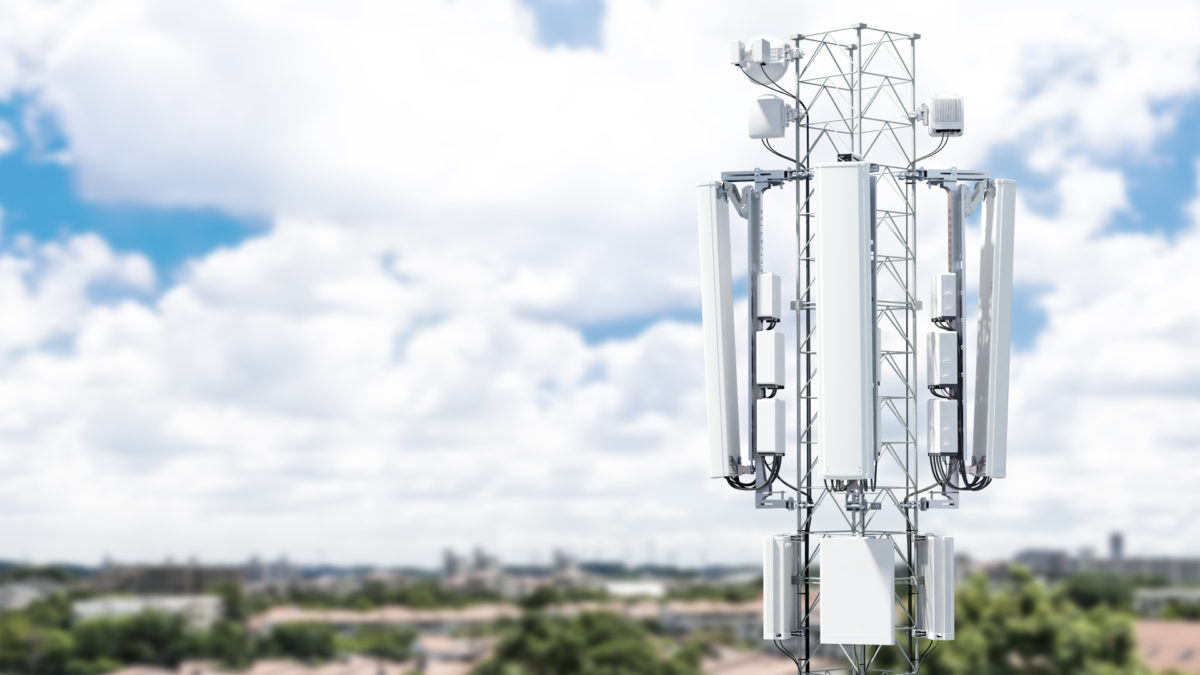
NEW DELHI: The Union Cabinet chaired by the Prime Minister Narendra Modi has approved a Universal Service Obligation Fund (USOF) project for upgrading 2G mobile services to 4G at security sites in Left Wing Extremism (LWE) areas
The Project envisages upgrading2,343 left Wing Extremism Phase-I sites from 2G to 4G mobile services at an estimated cost of Rs.1,884.59 crore (Excluding taxes and levies). This includes O&M for five years. However, BSNL will maintain the sites for another five years at its own cost. The work will be awarded to BSNL because these sites belong to BSNL.
The Cabinet also approved funding of operations and maintenance cost of LWE Phase-I 2G sites by BSNL for an extended period beyond the contractual period of five years at an estimated cost of Rs.541.80 crore. The extension will be up to 12 months from the date of approval by the Cabinet or commissioning of 4G sites, whichever is earlier.
Government chose BSNL for a prestigious project to indigenous 4G telecom equipment so as to achieve self-reliance in the telecom gear segment to fulfil domestic market needs apart from exporting to other markets. This 4G equipment will be deployed in this project also.
The upgradation will enable better internet and data services in these LSW areas. It meets the requirements of Ministry of Home Affairs and the state governments. It shall also fulfil the communication needs of the security personnel deployed in these areas. The proposal is in line with the goal of providing mobile connectivity in rural areas. In addition, delivery of various e-governance services, banking services, tele-medicine; tele-education etc. through mobile broadband shall be possible in these areas.
2g
2G mobile Internet restored in Kashmir from midnight

NEW DELHI: After remaining shut for more than five months, 2G mobile Internet services on postpaid as well as prepaid phones will be restored in the Kashmir Valley from Saturday but can only be used to access 301 websites approved by the Jammu and Kashmir administration, an official order said.
According to a notification issued by the home department of the Jammu and Kashmir administration, access to the internet with 2G speed on mobile phones will resume from January 25.
Access shall be limited only on whitelisted sites and social media applications will continue to remain out of bounds for the Valley’s residents, it said, adding, data services shall be available on postpaid as well as prepaid SIM cards.
The move comes within a week of the administration ordering restoration of prepaid mobile services in the Valley and resumption of 2G mobile data service on whitelisted websites across the Jammu division.
The sites approved include search engines and those associated with banking, education, news, travel, utilities and employment.
The latest development comes after the Supreme Court, in a significant ruling on January 10, asked the Jammu and Kashmir administration to review within a week all orders imposing curbs in the Union Territory. The Supreme Court came down heavily on the UT administration for arbitrarily shutting down the Internet, the facility described as a fundamental right by the apex court.
Internet services, landline and mobile phones were snapped across Jammu and Kashmir on the eve of the Centre’s announcement to scrap special status of the erstwhile state and its bifurcation into Union Territories on August 5.
While most of the services except mobile Internet were restored in Jammu within a week, Kashmir witnessed restoration of landlines and postpaid mobile services and Internet facilities for essential services like hospitals in phases.
Source: Press Trust of India
2g
Mobile Internet services again snapped in Jammu region
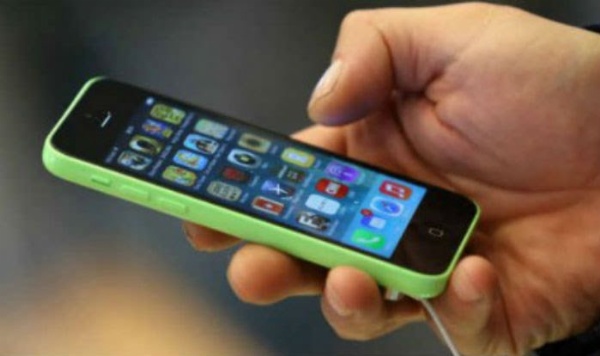
NEW DELHI: Low-speed (2G) mobile Internet services were once again snapped in five districts of Jammu region on Sunday to check rumour-mongering, a day after the services were restored.
A police official said authorities concerned directed service providers to snap the services around forenoon.
The official said the decision was taken to check rumour-mongering and maintain peace and tranquillity.
Low-speed mobile Internet services were restored in five districts of Jammu, Samba, Kathua, Udhampur and Reasi during the intervening night of Friday and Saturday after remaining suspended for nearly a fortnight.
Mobile Internet services were snapped across Jammu region on August 4, a day before the Centre revoked provisions of Article 370 that gave special status to Jammu and Kashmir and bifurcated it into two union territories — Jammu and Kashmir, and Ladakh.
Curfew-like restrictions were put in place across the state hours before the move. However, the restrictions were subsequently eased.
Immediately after resumption of 2G mobile Internet services in five districts of Jammu region, Jammu Inspector General of Police Mukesh Singh had warned of strict action against anyone circulating fake messages or videos on social media.
Source: Press Trust of India
-

 News3 weeks ago
News3 weeks agoMobile tariff hike:Congress blames NDA government for Rs 34,824 crore burden on public
-
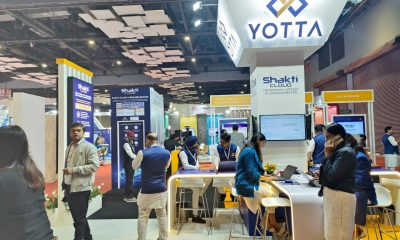
 News7 months ago
News7 months agoYotta’s Cloud Data Center in GIFT City, Gujarat goes live
-

 5g2 months ago
5g2 months agoEricsson Showcases differentiated connectivity for the value of 5G
-
5g2 months ago
Ericsson has been ranked as the leader in the Frost Radar 5G Network Infrastructure Market 2024
-

 News1 month ago
News1 month agoIndian Tech Startups Surge Ahead with $4.1 Billion in Funding for H1 2024

